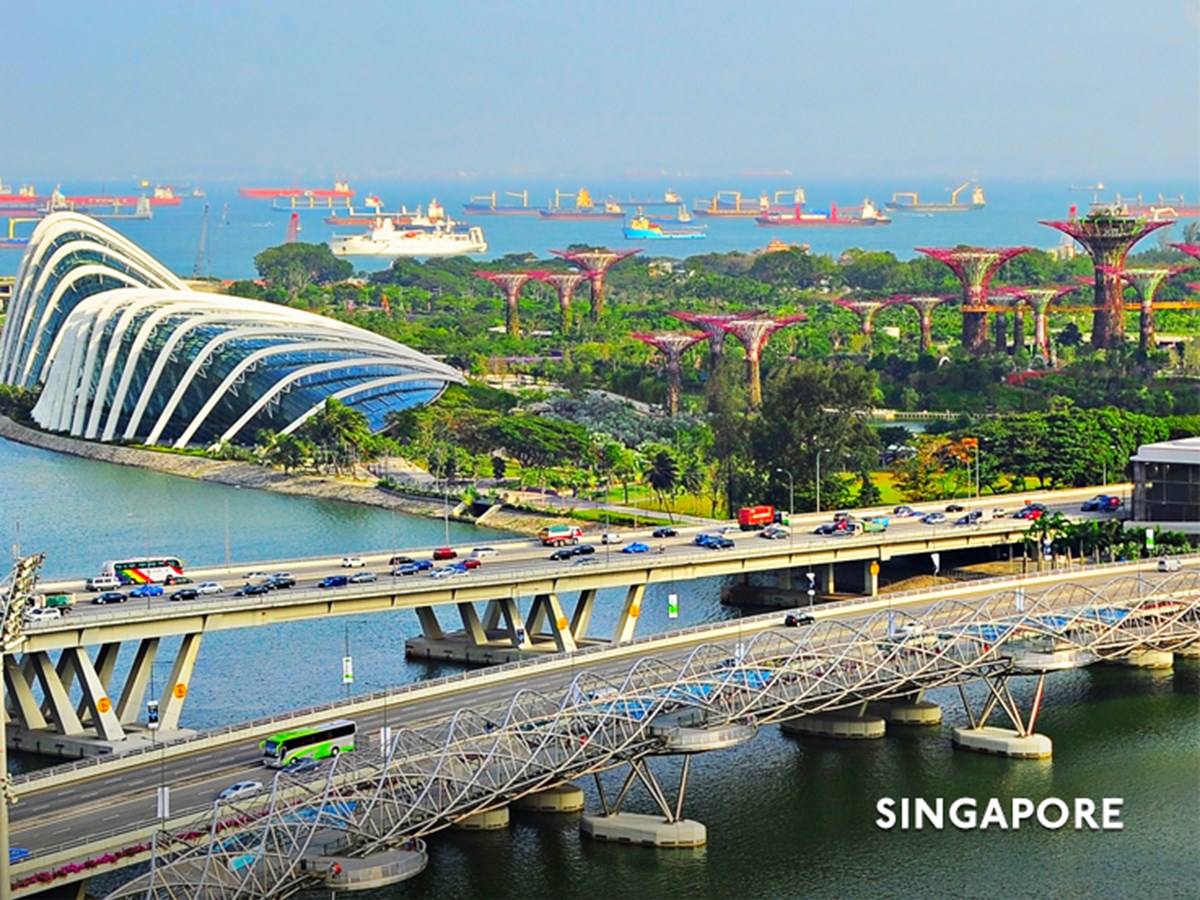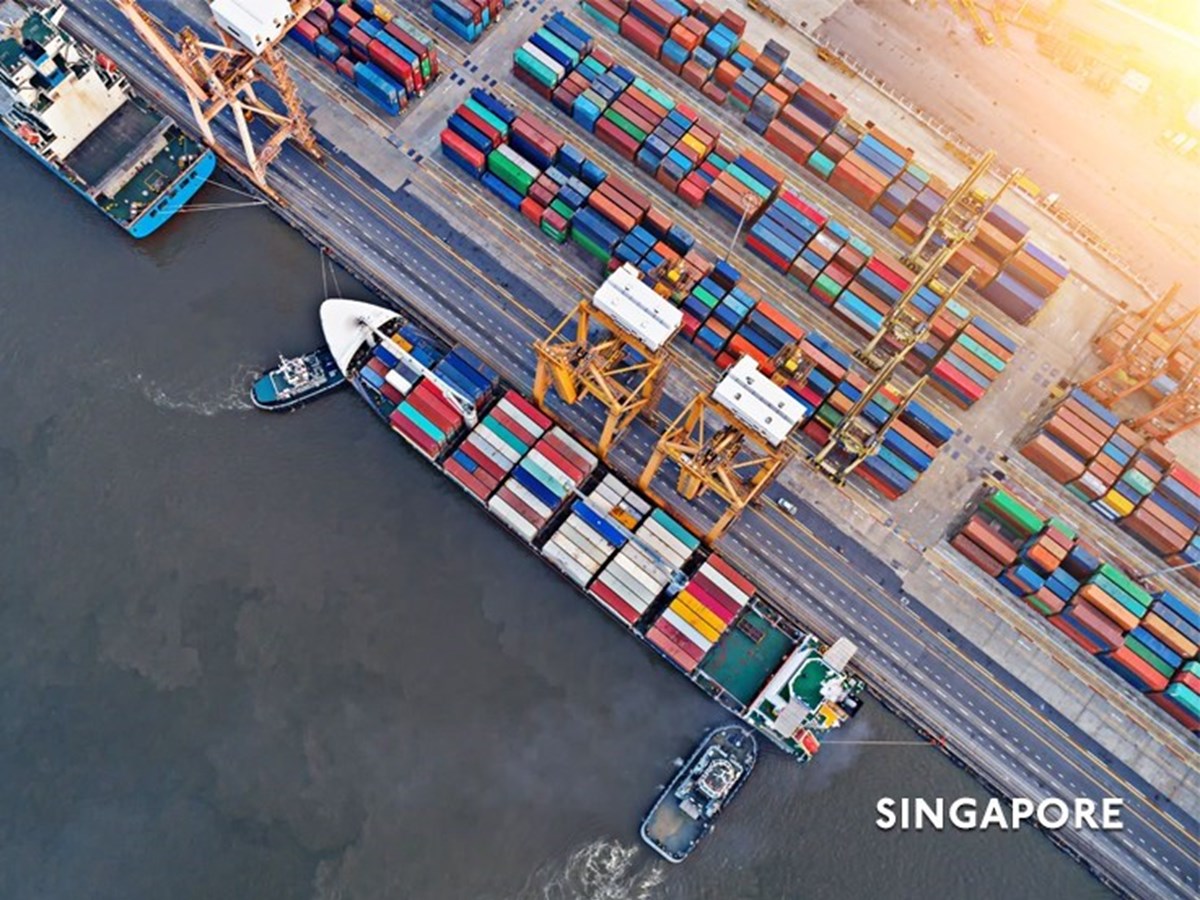
Knowledge Highlights 10 July 2025

On 25 August 2020, the Competition and Consumer Commission of Singapore (“CCCS”) announced that it has cleared the proposed merger between Korea Shipbuilding & Offshore Engineering Co., Ltd (“KSOE”) and Daewoo Shipbuilding & Marine Engineering Co., Ltd. (collectively, “Parties”) (“Proposed Transaction”). CCCS’s clearance follows an in-depth Phase 2 review where CCCS assessed whether the Proposed Transaction would substantially lessen competition in any relevant market. The Parties overlap in the global supply of commercial vessels, including oil tankers, containerships, liquefied natural gas (“LNG”) carriers and liquefied petroleum gas (“LPG”) carriers. As part of the review, CCCS assessed the closeness of competition between the Parties and also whether there would be sufficient competitive constraint from alternative suppliers post Proposed Transaction.
By way of background, on 12 September 2019, KSOE notified CCCS for a decision as to whether the Proposed Transaction would infringe section 54 of the Competition Act (“Act”). Section 54 of the Act prohibits mergers that have resulted, or may be expected to result, in a substantial lessening of competition within any market in Singapore. On 23 January 2020, CCCS proceeded with an in-depth Phase 2 review when it was unable to conclude that the Proposed Transaction would not result in a substantial lessening of competition after completing its preliminary review.
The Allen & Gledhill Competition & Antitrust Practice acted for the applicant, KSOE.
Relevant markets
In assessing the Proposed Transaction, CCCS considered the relevant markets to be the global supply of the following commercial vessels to customers worldwide:
(collectively, “relevant markets”)
Competition assessment of the relevant markets
Set out below is a summary of CCCS’s findings:
CCCS’s conclusion is that the Proposed Transaction, if carried into effect, will not lead to a substantial lessening of competition within the relevant markets in Singapore and, accordingly, will not infringe section 54 of the Act.
Reference materials
The following materials are available on the CCCS website www.cccs.gov.sg:
CCCS’s Grounds of Decision will be made available in due course.